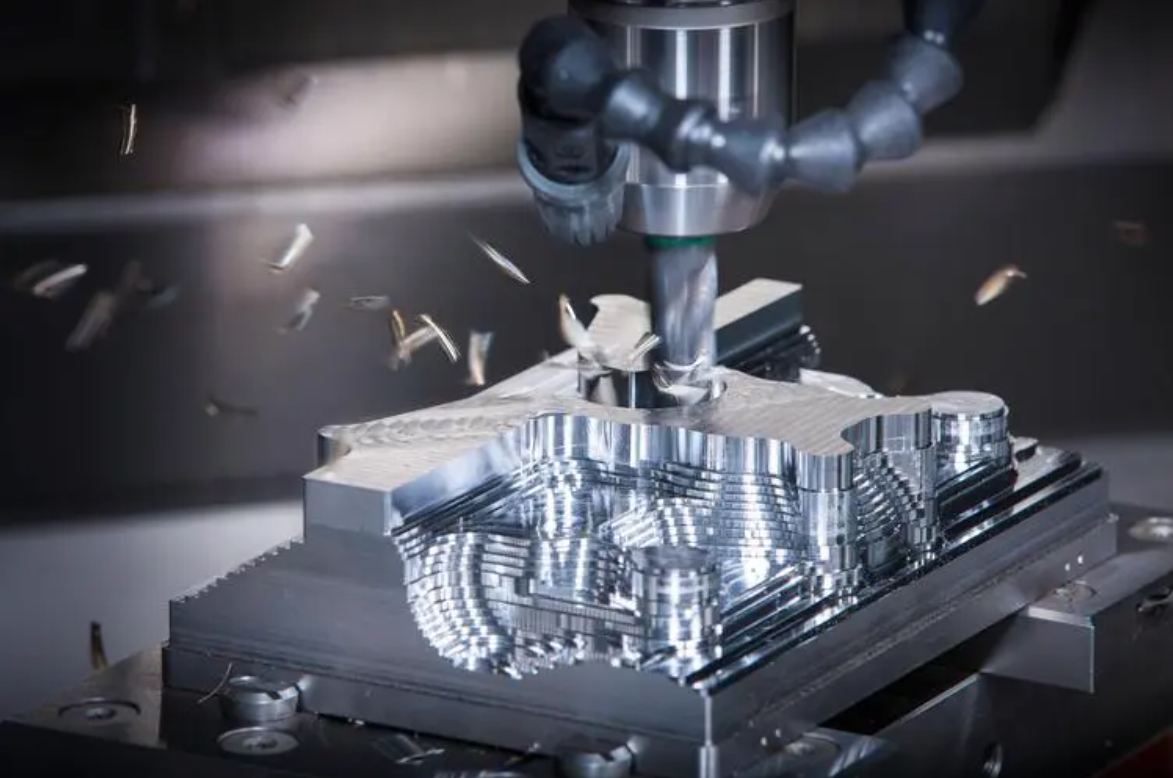Navigating the World of Automation: The Role of CNC Machines in Today's Manufacturing+ View more
Navigating the World of Automation: The Role of CNC Machines in Today's Manufacturing
+ View more
Date:2024-04-10 16:00
As we move deeper into an era defined by technological advancements, the manufacturing industry stands as a testament to the transformative power of automation. Computer Numerical Control (CNC) machines are at the forefront of this transformation, facilitating unprecedented levels of precision and efficiency. These versatile tools have become the navigators of the automated world, steering the course of modern manufacturing towards a future where digital technology and mechanized processes coalesce to create something greater than the sum of their parts.
The Mechanics Behind CNC Machines
A CNC machine combines the capabilities of high-speed robotics with computer-aided design (CAD) and computer-aided manufacturing (CAM). At its core, a CNC machine functions by interpreting a set of computer-generated instructions that guide its movements and actions with extreme accuracy. These instructions, known as G-code, dictate everything from speed and direction to the depth of cuts and the angle of tooling.
CNC Machines in the Workflow
In the modern manufacturing workflow, CNC machines play a crucial role. They can be found shaping metal for automotive components, carving intricate patterns into wood for furniture, or sculpting prototypes for new consumer products. Their adaptability allows them to handle a wide array of materials, including plastics, composites, and even new experimental alloys designed for specific engineering purposes.
Manufacturers lean on the capabilities of CNC machines to achieve tight tolerances and repeatable quality. This reliability is essential in industries where consistency and precision are not mere preferences but stringent requirements. Aerospace and medical device manufacturing, for instance, rely on CNC technology to produce complex parts that must meet exacting standards.
The Human Touch in a Machine-Dominated Field
Despite the high level of automation, skilled machinists remain integral to the CNC process. Programming the machines, setting up the correct tool paths, and ensuring the raw material is properly fixed before the job begins, are tasks that require human expertise. Moreover, machinists must frequently make on-the-fly adjustments to accommodate for variables such as material inconsistencies or unexpected wear on cutting tools.
Real-Life Impact: Custom Automotive Parts
Consider the story of a custom automotive shop specializing in high-performance racing components. Utilizing CNC machines, the shop was able to rapidly prototype and manufacture parts tailored to individual customer specifications. One project involved creating a custom intake manifold designed to boost engine performance. The CNC machine's ability to work with high-strength aluminum allowed the shop to produce a component that not only fit the engine perfectly but also offered improved airflow over the stock part.
The success of this project didn’t just lie in the technical capabilities of the CNC machine; it was also a product of the close collaboration between engineers and machinists, who together fine-tuned the design based on performance data and machining feasibility. As a result, the shop was able to deliver a bespoke product that provided a competitive edge on the racetrack.
CNC machines have cemented their role as a cornerstone of modern manufacturing, allowing businesses to navigate the challenges of production with confidence and finesse. By combining the precision of digital controls with the material versatility and production speed they offer, CNC machines help manufacturers in every sector to stay ahead of the curve. In a world where customization and rapid innovation are increasingly valued, CNC technology stands as a beacon of progress, shaping the future one precise cut at a time.
Share to:
Recommend wonderful blog posts

